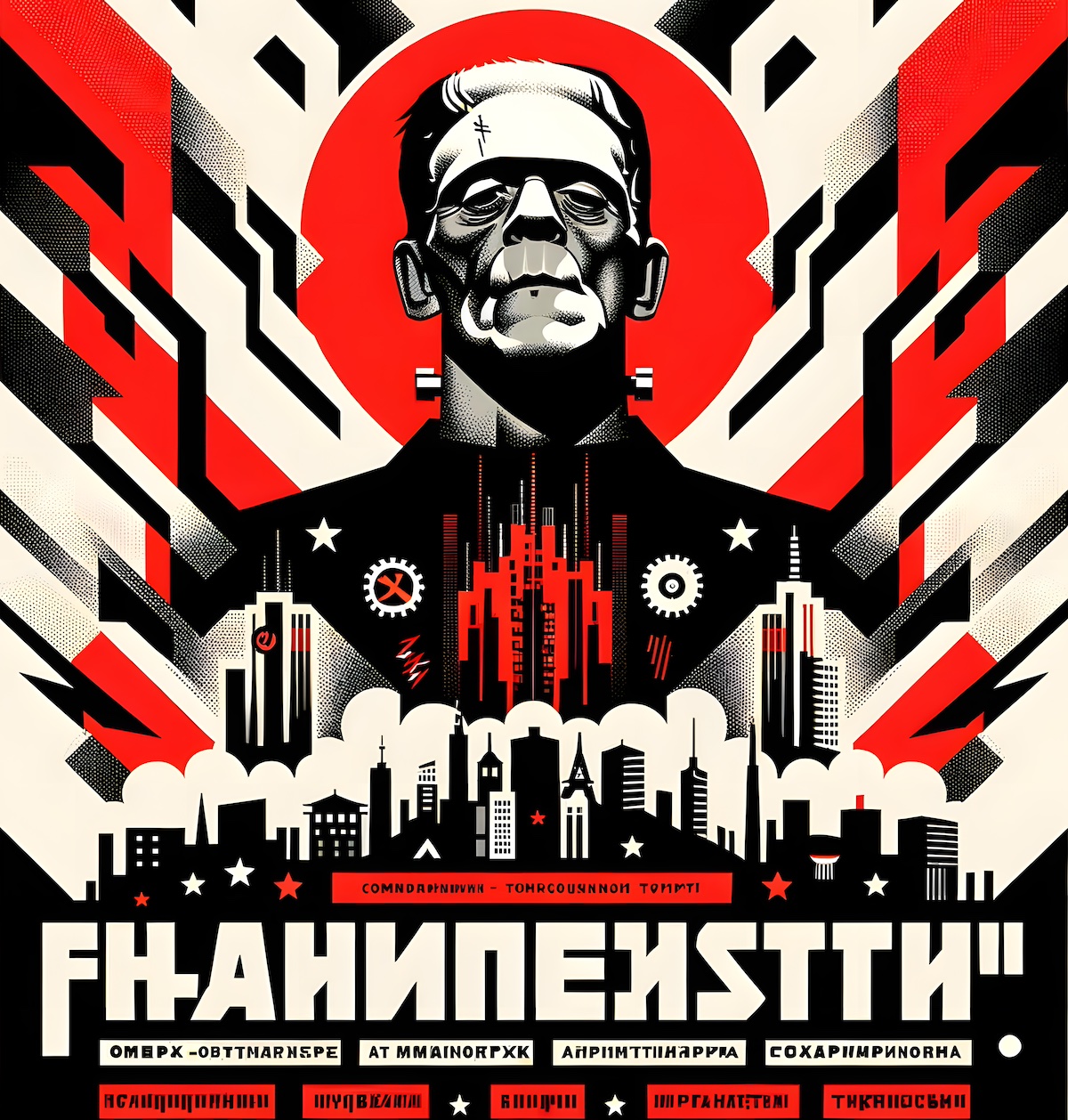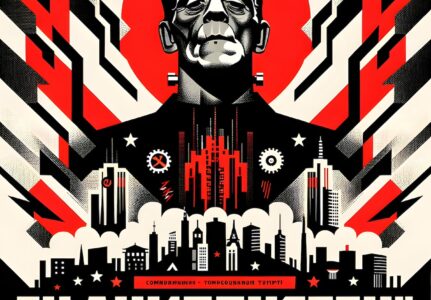Introduction
The modern novel, a cornerstone of contemporary literature, has undergone a remarkable transformation over the centuries. From its humble beginnings as a form of entertainment to its current status as a powerful medium for storytelling and social commentary, the modern novel has left an indelible mark on the literary landscape. In this comprehensive exploration, we will delve into the very essence of the modern novel, tracing its history, development, and showcasing influential books and authors who have shaped this genre into what it is today.
Origins of the Modern Novel
To understand the modern novel, we must first comprehend its roots. The novel, as we know it today, emerged during the 18th century, with the publication of works such as Daniel Defoe’s “Robinson Crusoe” (1719) and Samuel Richardson’s “Pamela” (1740). These early novels paved the way for a new literary form that would eventually evolve into the modern novel.
Defining Characteristics
The term “modern novel” refers to a specific category of literary fiction that emerged and evolved during the late 19th and 20th centuries, continuing into the present day. It has evolved over time, responding to changes in society, technology, and culture, making it a dynamic and ever-evolving form of literature. This genre is characterized by several key features:
- Realism: Modern novels prioritize portraying the world as it is, or as it could be, with a strong emphasis on authenticity and believability. This commitment to realism allows readers to connect with the characters and situations on a deeper level, making the stories more relatable and emotionally impactful.
- Complex Characters: In modern novels, characters are portrayed as multifaceted individuals with their own flaws, virtues, and internal struggles. Authors delve into their characters’ psyches, making them more relatable and true to life.
- Psychological Depth: Modern novels often explore the inner workings of the human mind. Authors delve into characters’ thoughts and emotions, sometimes using techniques like stream-of-consciousness narration to provide insight into their inner lives.
- Social Commentary: Modern novels frequently serve as a platform for social commentary. They tackle a wide range of societal issues, including class, race, gender, politics, and more. These novels aim to shed light on the human condition and provoke thought and discussion.
- Narrative Experimentation: Many modern novels exhibit narrative experimentation. Authors may employ unconventional narrative structures, non-linear timelines, and innovative storytelling techniques to challenge traditional forms of storytelling and engage the reader in new ways.
- Exploration of Identity: Modern novels often delve into questions of identity, whether it be individual, cultural, or societal. They may explore themes related to personal identity, cultural identity, and the search for meaning and purpose in a rapidly changing world.
- Global Perspective: With the increasing interconnectedness of the world, modern novels often take on a global perspective. They explore themes and settings that transcend national borders and reflect the complexities of our interconnected world.
- Diversity of Voices: In recent years, there has been a growing emphasis on diverse voices in the modern novel. Authors from various backgrounds, ethnicities, genders, and cultures are contributing their unique perspectives and experiences to the genre, enriching it with a broader range of stories and voices.
Early Influential Works
“Frankenstein” by Mary Shelley (1818)
Mary Shelley’s “Frankenstein” is often regarded as a pioneering work in the science fiction genre. It explores themes of creation, responsibility, and the consequences of unchecked ambition. This novel’s enduring relevance underscores the ability of early modern novels to tackle profound philosophical questions.
“Moby-Dick” by Herman Melville (1851)
Herman Melville’s epic novel “Moby-Dick” is a masterclass in symbolism and allegory. Through the story of Captain Ahab’s obsessive pursuit of the white whale, Melville delves into themes of revenge, fate, and the human condition.
The Evolution of the Modern Novel
As the 19th century progressed, the modern novel continued to evolve. This evolution was influenced by a myriad of factors, including cultural shifts, technological advancements, and the changing role of literature in society.
The Rise of Realism
The mid-19th century marked the height of the realist movement in literature. Authors like Gustave Flaubert, with his novel “Madame Bovary” (1857), and Charles Dickens, with “Great Expectations” (1861), aimed to depict the everyday lives of ordinary people. This emphasis on realism brought societal issues to the forefront of the narrative, shedding light on the struggles of the working class and the injustices of the time.
The Birth of Modernism
By the early 20th century, the modern novel had entered a new phase with the advent of modernism. This literary movement, characterized by experimentation with narrative form and a departure from traditional storytelling, gave birth to some of the most innovative and challenging works in the genre.
“The Great Gatsby” by F. Scott Fitzgerald (1925)
F. Scott Fitzgerald’s “The Great Gatsby” is a quintessential modernist novel that captures the essence of the Roaring Twenties. Through the enigmatic Jay Gatsby, Fitzgerald explores the American Dream, decadence, and the disillusionment of the post-World War I era.
“To the Lighthouse” by Virginia Woolf (1927)
Virginia Woolf’s “To the Lighthouse” is a groundbreaking work of modernist fiction. Its stream-of-consciousness narrative style allows readers to delve into the inner thoughts and perceptions of the characters, blurring the line between consciousness and narration.
Post-World War II Literature
The aftermath of World War II brought about a new wave of modern novels that grappled with the trauma and existential crises of the time. Existentialism, a philosophical movement that questioned the meaning of existence, greatly influenced this period’s literature.
“The Stranger” by Albert Camus (1942)
Albert Camus‘s “The Stranger” exemplifies the existentialist novel. Through the detached and morally ambiguous protagonist, Meursault, Camus explores themes of alienation, absurdity, and the human condition.
“The Catcher in the Rye” by J.D. Salinger (1951)
J.D. Salinger’s iconic novel “The Catcher in the Rye” remains a touchstone for adolescent literature. Its protagonist, Holden Caulfield, embodies teenage rebellion and existential angst, making it a classic coming-of-age novel.
Influential Authors of the Modern Novel
The modern novel has been shaped by the creative genius of numerous authors, each contributing their unique perspectives and styles to the genre. Here are some of the most influential authors who have left an indelible mark on the world of modern fiction.
1. James Joyce (1882-1941)
Irish author James Joyce is celebrated for his groundbreaking works in modernist literature. “Ulysses,” a sprawling and intricate novel that takes place over a single day in Dublin, is a testament to Joyce’s experimental narrative techniques and linguistic prowess.
2. Virginia Woolf (1882-1941)
Virginia Woolf’s stream-of-consciousness style and exploration of the inner thoughts and emotions of her characters have had a profound impact on modern fiction. “Mrs. Dalloway” and “To the Lighthouse” are among her most celebrated works.
3. Franz Kafka (1883-1924)
Franz Kafka’s surreal and existential tales, including “The Metamorphosis” and “The Trial,” have had a lasting influence on literature. His exploration of the absurdity of bureaucracy and the alienation of the individual in modern society is still relevant today.
4. Toni Morrison (1931-2019)
Toni Morrison’s novels, such as “Beloved” and “Song of Solomon,” are notable for their exploration of African American identity and the legacy of slavery. Her powerful storytelling and themes of race and memory have earned her a place among the literary greats.
5. Haruki Murakami (Born 1949)
Contemporary author Haruki Murakami has gained international acclaim for his blend of magical realism and existentialism. Works like “Kafka on the Shore” and “Norwegian Wood” showcase his ability to merge the ordinary with the extraordinary.
Contemporary Trends in the Modern Novel
The modern novel continues to evolve in response to the ever-changing world. Contemporary authors tackle a wide range of themes and experiment with narrative forms, keeping the genre vibrant and relevant.
Diverse Voices and Perspectives
One of the most significant trends in contemporary modern novels is the inclusion of diverse voices and perspectives. Authors from marginalized communities are gaining recognition and bringing their unique stories to the forefront.
“The Hate U Give” by Angie Thomas (2017)
Angie Thomas’s debut novel “The Hate U Give” explores the Black Lives Matter movement through the eyes of a young African American girl. It tackles issues of racism and police violence, making it a powerful and socially relevant work.
Genre Blending
Contemporary modern novelists are unafraid to blur the lines between genres, creating hybrid works that defy categorization. This experimentation leads to fresh and exciting storytelling.
“Station Eleven” by Emily St. John Mandel (2014)
“Station Eleven” is a post-apocalyptic novel that weaves together elements of science fiction, literary fiction, and dystopian fiction. Mandel’s ability to blend genres results in a thought-provoking exploration of art, memory, and the resilience of the human spirit.
Globalization and Technology
In an era of globalization and rapid technological advancement, contemporary modern novels often reflect the impact of these forces on society and individuals.
“The Circle” by Dave Eggers (2013)
Dave Eggers’s “The Circle” delves into the consequences of technology and the erosion of privacy in the digital age. It serves as a cautionary tale about the power and reach of tech companies.
Conclusion
The modern novel is a dynamic and ever-evolving genre that reflects the complexities of the human experience. From its origins in the 18th century to the present day, the modern novel has continually adapted to the changing times, embracing new voices, experimenting with narrative techniques, and addressing pressing social issues. As we look to the future, it is certain that the modern novel will continue to push boundaries and challenge conventions, remaining a vibrant and essential part of the literary world.
Iconic Modern Novels
Here are ten iconic modern novels that have left a significant mark on literature and continue to be celebrated:
- “To Kill a Mockingbird” by Harper Lee (1960): This Pulitzer Prize-winning novel addresses issues of racism, morality, and justice in the American South during the 1930s, through the eyes of young Scout Finch.
- “1984” by George Orwell (1949): A dystopian masterpiece that explores themes of totalitarianism, surveillance, and the erosion of individual freedom in a bleak future society.
- “One Hundred Years of Solitude” by Gabriel García Márquez (1967): This magical realist novel tells the multi-generational saga of the Buendía family in the fictional town of Macondo, blending history and myth.
- “The Great Gatsby” by F. Scott Fitzgerald (1925): A classic of American literature, this novel offers a critical examination of the American Dream in the Jazz Age through the enigmatic Jay Gatsby.
- “Brave New World” by Aldous Huxley (1932): A thought-provoking dystopian novel that envisions a future society where technology and hedonism have replaced individualism and freedom.
- “One Flew Over the Cuckoo’s Nest” by Ken Kesey (1962): Set in a mental hospital, this novel is a powerful exploration of individualism, authority, and rebellion through the character of Randle P. McMurphy.
- “The Catcher in the Rye” by J.D. Salinger (1951): A coming-of-age classic, this novel follows the adventures of Holden Caulfield as he navigates the challenges of adolescence and alienation in New York City.
- “Beloved” by Toni Morrison (1987): A haunting novel that delves into the horrors of slavery and the legacy of trauma through the character of Sethe and the ghostly presence of her daughter.
- “The Lord of the Rings” by J.R.R. Tolkien (1954-1955): While often associated with fantasy, Tolkien’s epic trilogy has had a profound influence on modern literature, paving the way for many subsequent fantasy novels.
- “The Road” by Cormac McCarthy (2006): A post-apocalyptic novel that explores the bond between a father and son as they journey through a desolate landscape in search of safety and hope.
These novels represent a diverse range of themes, genres, and styles, but they all share the distinction of being considered iconic works of modern literature, appreciated for their lasting impact on readers and the literary world.


